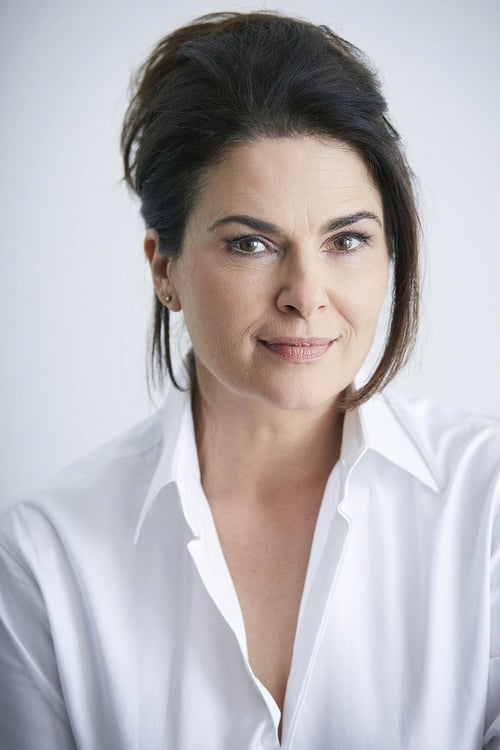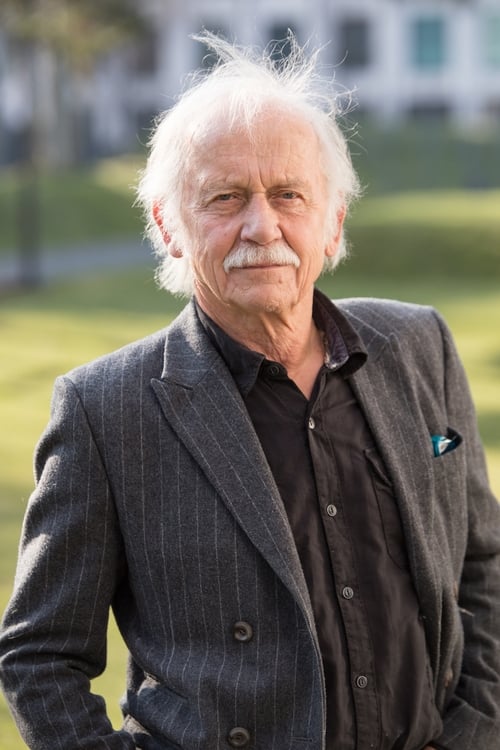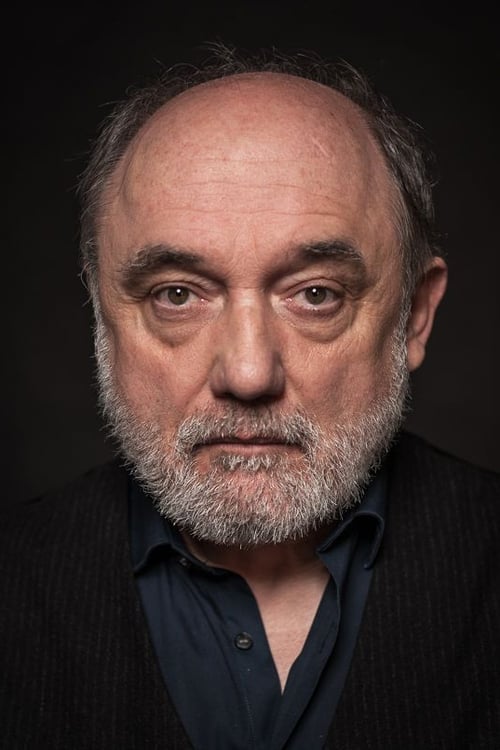Verfolgte Wege (1989)
Género : Drama, Historia
Tiempo de ejecución : 1H 47M
Director : Uwe Janson
Sinopsis
Post-war Germany in 1946 while people are struggling to make ends meet, the film follows Hermann, a war veteran who finds employment at a train station. As he falls in love with an agricultural worker and starts comitting thefts, his fragile psyche seems to fall more and more out of balance.

Posguerra en Alemania, año 1946. Rachael Morgan (Keira Knightley) aterriza en las ruinas de Hamburgo en pleno invierno para reunirse con su marido, Lewis (Jason Clarke), un coronel británico que ha recibido la misión de reconstruir la ciudad destruida. Pero cuando van a mudarse a su nueva casa, Rachael descubre con asombro que Lewis ha tomado una decisión inesperada: compartirán la enorme casa con sus antiguos propietarios, un viudo alemán (Alexander Skarsgård) y su atormentada hija. En esta atmósfera cargada, la hostilidad y el dolor dan paso a la pasión y la traición.
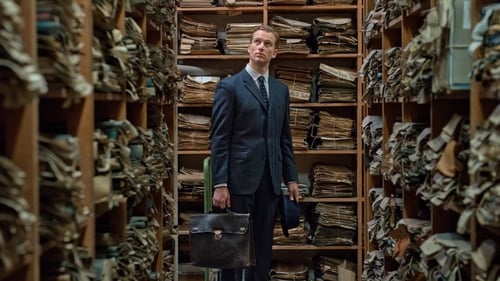
Importantes instituciones alemanas y algunos miembros del gobierno están involucrados en una conspiración cuyo fin es encubrir los crímenes de los nazis durante la Segunda Guerra Mundial (1939-1945).
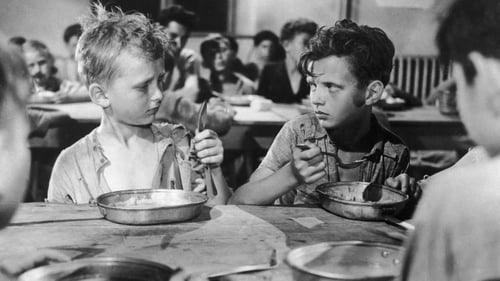
Un introvertido niño checo de 9 años, superviviente del campo de concentración de Auschwitz, huye de un campo de refugiados en la Alemania de la postguerra, tratando de buscar a su madre. El chico es encontrado por un soldado americano que tratará de ayudar a un niño a encontrarla.
Film en tono semi-documental que supuso el debut del gran Montgomery Clift.
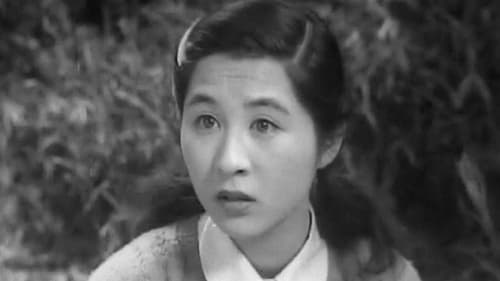
'Madre' es la historia de una madre pobre y trabajadora, con un marido enfermo, que se sacrifica para mantener a su familia en los suburbios de Tokio. La película define "Shomin Geki", un género cinematográfico japonés que presenta una representación realista de la clase baja económica, contada con elementos de comedia ligera y melodrama. Esta es la obra más conocida del director Mikio Naruse, aclamado por los historiadores de cine japoneses como un igual a Kurosawa, Ozu y Mizoguchi, pero subestimado en Occidente.
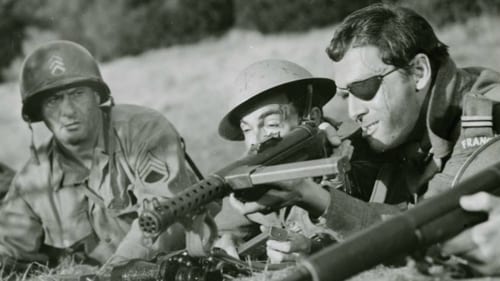
Junio de 1944. Tras un duro adiestramiento, un contingente de soldados británicos que debe llevar a cabo una misión en Italia, ocupa un pueblo. El cabo Baker se enamora de una joven que ha perdido a su marido en la guerra, pero tiene que irse con su grupo a Francia, justamente al día siguiente del desembarco de los aliados en Normandía. En Francia, el sargento Craig inicia una relación con una mujer que vive atemorizada por los constantes bombardeos. El próximo destino del grupo es Bélgica, donde el cabo Tower decide desertar para estar con Regine, una violinista a la que acaba de conocer.

Un poeta leproso, su joven ayudante recogedora de flores de loto, una ambiciosa prostituta, un ciclotaxista enamorado de ésta, un joven de la calle obligado a sobrevivir y un soldado en busca de la hija que abandonó durante la guerra entrecruzan sus vidas en busca de amor y consuelo en un Vietnam cambiante.
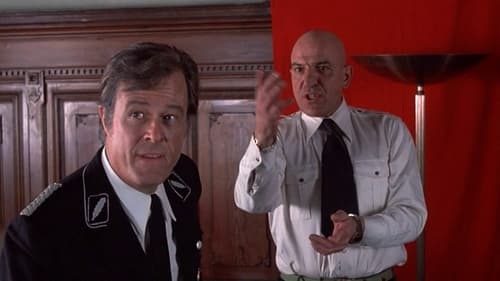
Con objeto de hacerse con un depósito de oro escondido durante la Segunda Guerra Mundial, unos aventureros implicados en el caso deciden liberar de una prisión de máxima seguridad al criminal de guerra que conoce el paradero del tesoro.
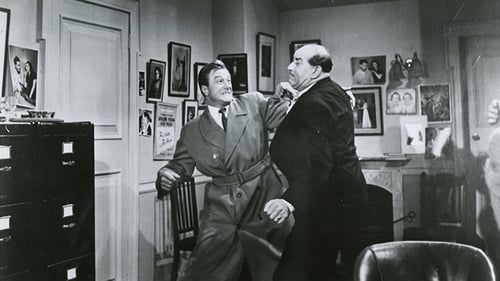
An American army officer working for British intelligence comes to post-war Berlin to solve a murder. His investigation is compromised when he falls for a nightclub singer, not realising she is an agent of the criminal mastermind he is on the trail of.
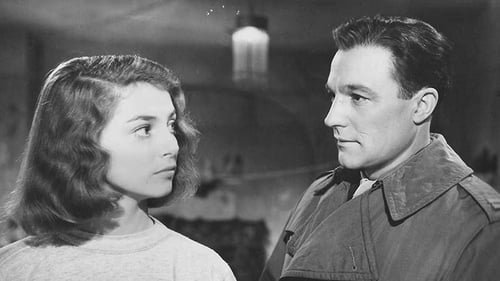
Al término de la Segunda Guerra Mundial (1939-1945), un piloto aliado cuyo avión fue abatido, va a visitar al matrimonio que lo escondió. Se entera entonces de que murieron en un bombardeo y que sólo ha sobrevivido su hija, que trabaja en la recepción de un club nocturno. Pronto se enamoran, pero él no sospecha que ella colabora con una organización nazi clandestina.

A biography of Hildegard Knef, one of Germany's biggest post-war stars.
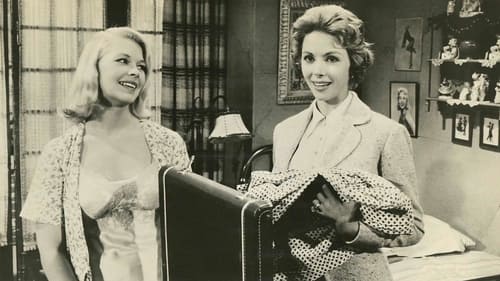
A punto de terminar la Segunda Guerra Mundial, una atractiva joven alemana llamada Erika Angermann (Dana Wynter) comenzará a sentir que su vida ha entrado en un sendero oscuro en el que se avecinan una serie de desventuras. Entre tanto, sigue guardando la esperanza de que aparezca su antiguo prometido, un militar del ejército alemán, pero será cuando se reencuentre con el Mayor americano Foster McLain, que abrirá para ella un nuevo camino.
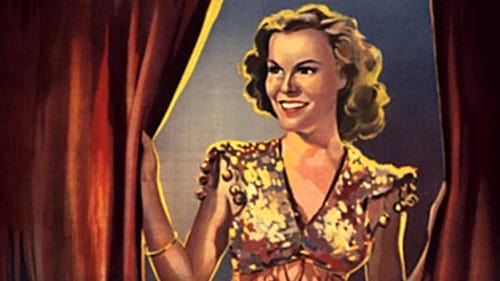
Post-war Germany 1945: Two rival gangs of uprooted boys fight each other in the ruins of Berlin, whose business is the black market out of necessity in order to survive. Their respective leaders are Gerhard and Dietrich. A pretty young circus artist named Corona comes to the destroyed city with a traveling circus. She immediately caught the boys' attention. When the latter notice that the circus director is abusing the girl, the two gangs join forces and plot an act of revenge against the tyrant. But with the hustle and bustle caused by this, Corona falls from the trapeze and is seriously injured. When the circus moves on, the boys organize a doctor for the sick artist who has been left behind. Their collectively concern for the blonde beauty makes them forget their enmity. This welds the troops closer together and sets the course for a common, meaningful future.

A punto de concluir la Segunda Guerra Mundial (1939-1945), Rotchbach, una ciudad alemana en ruinas, se convierte en un núcleo de resistencia contra los aliados. Los francotiradores ocupan los puntos más estratégicos de la ciudad. El sargento norteamericano David Brent resulta herido y encuentra refugio en la casa de Helga Schiller, una joven que vive con su madre y su hermano Franz, miembro de la Resistencia. Terminada la guerra e iniciado el Juicio de Nuremberg, Helga trata de hacer comprender a su hermano la magnitud de la tragedia y del dolor ocasionado por el nazismo. (FILMAFFINITY)

Long before he played the corpulent Goldfinger, German actor Gert Froebe was a scarecrow-skinny comedian. In Berliner Ballade, Froebe makes his screen debut as Otto, a feckless Everyman who tries to adjust to the postwar travails of his defeated nation. Stymied by black-market profiteers and government bureaucrats, Otto begins fantasizing about a happier life at the end of that ever-elusive rainbow. Director R. A. Stemmle doesn't have to strive for pathos: he merely places his gangly star amidst the ruins of a bombed-out Berlin, and the point is made for him. Filmed in 1948, Berliner Ballade was later released in the U.S. as The Berliner.

A "What if?" alternative history sees Nazi Germany prevailing in the second World War. First the occupiers establish their power bases, before they find themselves under attack from the underground resistance.

Immediately after the prom, Olya Rusanova arrives in the city where her father worked and tragically died. Many years ago he dreamed of building a city, and now she is walking along the street bearing his name, a street without end. Having met her father’s friends, Olya learns him anew. They tell the girl how her father wanted to see large houses and wide streets on the site of the tent city. How he knew how to be friends and to love, and how longed for Olya when he broke up with his wife, who didn't agree to go with him.

Post-war provincial Iceland: around 1950, Freyja, who'd been a plump teen, returns from America, a widow with a 20-inch waist, seven suitcases of dresses, and a list of who ever wronged or slighted her. She moves in with an aunt and socialist uncle: finding a new husband is high on her agenda, and she's mistrusted by Agga, a pre-teen who's our eyes and ears. The social order and Freyja are more complicated than they seem at first, and so may be her prospects. Class divisions, families ties, pride, the onset of puberty, and the power of Eros sliver the ice.
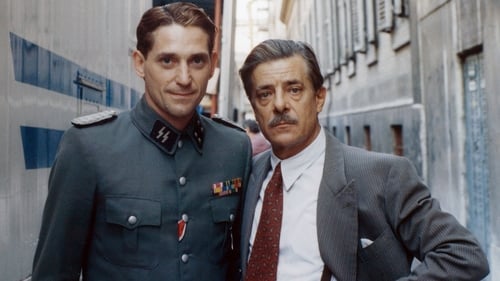
Narra el sufrido rodaje de "Roma, città aperta", la obra maestra de Roberto Rossellini filmada en 1946. (FILMAFFINITY)

It is an unknown chapter of the German post-war history: On April 23rd, 1949, the kingdom of the Netherlands occupied German soil as a pledge for demanded war reparations. Part of the annexed territories was also the small municipality of Elten. While the people of Elten were initially afraid of the occupation, the time “with Holland” actually became a miracle of prosperity and economy about which many people from Elten still rave today. The occupation period ended with the largest organized smuggling in the history of the federal republic of Germany. The Documentary shows this in never before released 8 mm footage!

The antihero "Mr. Karl" tells a "young person", the viewer, his life story while he sits at work in the warehouse of a delicatessen. The narrator increasingly turns out to be an opportunistic follower from the petty-bourgeois milieu, who maneuvered his way through life in the changing course of Austrian history from the end of the First World War to the end of the occupation in the 1950s.


